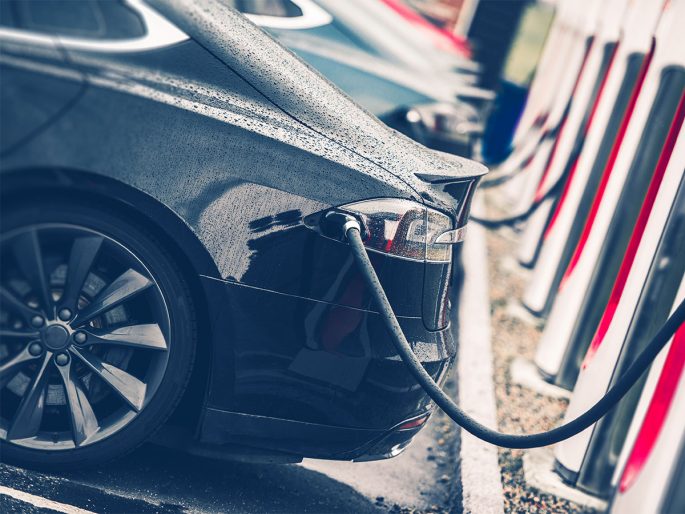Several automakers have taken steps to introduce more passenger electric vehicles (EVs) to the market and survey data from the Petroleum Equipment Institute indicates that EV will be an area of growth. With this in mind, convenience store operators are beginning to contemplate the cost of future-proofing their businesses for EV charging. Here are 2 things to be aware of as EVs continue to expand.
1. Watch for Funding Opportunities.
Various agencies are rolling out grant funding to support electric vehicle charging infrastructure. For instance, the Florida Department of Environmental Protection offered competitive grants to fund EV charging infrastructure for Level 3 (DC fast) near these busy interstates. Applications were due in January. Find more information on the Florida Department of Environmental Protection webpage. NECSEMA recently conducted a webinar that provided information about the availability of $70 million for EV charging in New England states. The organization reported that owner/operators of businesses located near high-traffic areas are ideal candidates for EV charging.
2. There Is A Hidden Cost to Infrastructure Funding.
Utility customers, regardless of what kind of vehicle they drive, could be on the hook for infrastructure costs to support electric vehicle (EV) charging. A study released by the Energy Marketers of America (EMA) found that a rapid build-out of infrastructure to support EVs that comprised 10% of vehicles on U.S. roads could cost $146 billion. If the build-out is funded by utilities, the costs would be passed along to utility customers. Find more information in the report, “Utility Investments and Consumer Costs of Electric Vehicle Charging Infrastructure.”
EV Abbreviations to Know
BEV: Battery Electric Vehicle
CAFE: Corporate Average Fuel Economy
CARB: California Air Resources Board
CAV: Connected and Autonomous Vehicle
CI: Carbon Intensity
CNG: Compressed Natural Gas
CSE: Center for Sustainable Energy
CTI: Cleaner Trucks Initiative
CVRP: Clean Vehicle Rebate Program
EPA: Environmental Protection Agency
GNG: Greenhouse Gas
HEV: Hybrid Electric Vehicle
ICE: Internal Combustion Engine
kWhr: Kilowatt-Hour
LCFS: Low Carbon Fuel Standard
LDV: Light-Duty Vehicles
LEZ: Low-Emission Zone
LNG: Liquefied Natural Gas
MMT: Million Metric Tons
NEV: New Energy Vehicles
VIO: Vehicles in Operation
PEV: Plug-in Electric Vehicle
PM: Particulate Matter
RFS: Renewable Fuel Standard
SAFE: Safer Affordable Fuel-Efficient
TCI: Transportation Climate Initiative
VAT: Value-Added Tax
VMT: Vehicle Miles Traveled
ZEV: Zero-Emission Vehicle




